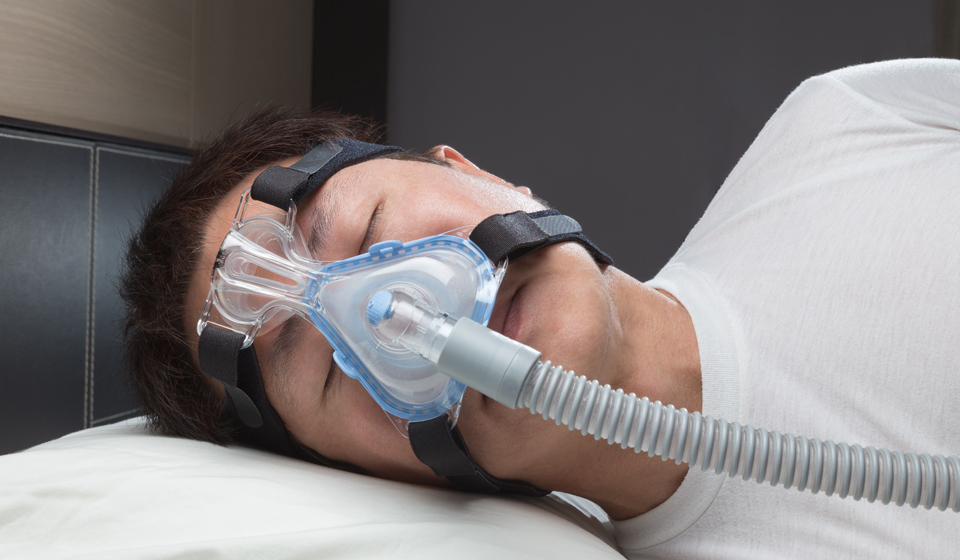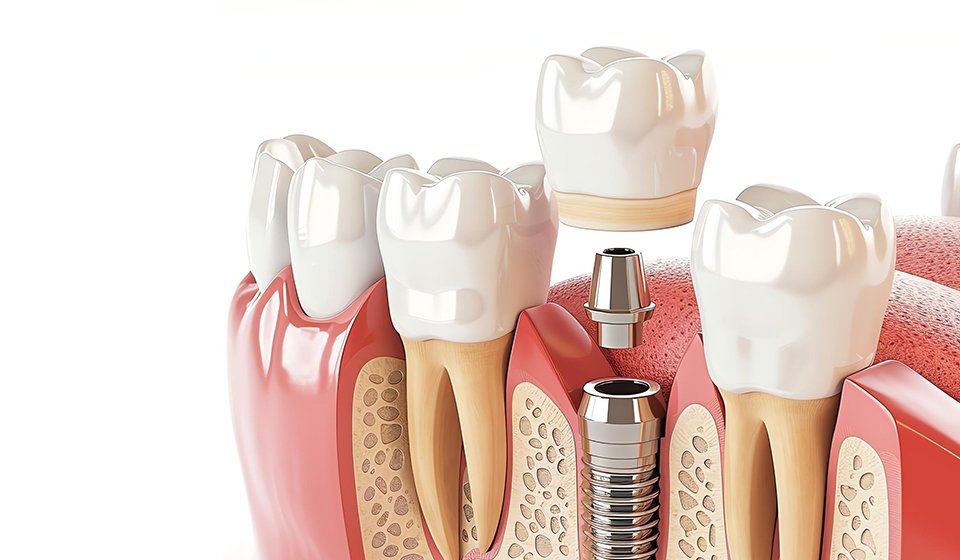Sleep apnea is a common but potentially serious sleep disorder that affects millions of people worldwide. It’s characterized by repeated interruptions in breathing during sleep, which can lead to a host of health problems if left untreated. In this blog post, we’ll explore the symptoms, causes, and solutions for sleep apnea in Houston, TX, to help you better understand this condition and seek appropriate treatment if necessary.
What is Sleep Apnea?
Sleep apnea is a disorder where breathing repeatedly stops and starts during sleep. These pauses in breathing can last from a few seconds to minutes and may occur 30 times or more per hour. The most common type is obstructive sleep apnea (OSA), where the airway becomes blocked or collapses during sleep. Less common is central sleep apnea, where the brain fails to send proper signals to the muscles that control breathing.
Symptoms of Sleep Apnea
Recognizing the symptoms of sleep apnea is crucial for early diagnosis and treatment. Common signs include:
- Loud snoring
- Gasping or choking sounds during sleep
- Observed pauses in breathing during sleep
- Excessive daytime sleepiness
- Morning headaches
- Difficulty concentrating
- Irritability or mood changes
- Dry mouth or sore throat upon waking
- Restless sleep or insomnia
- Night sweats
It’s important to note that not everyone who snores has sleep apnea and not everyone with sleep apnea snores. If you experience any combination of these symptoms, especially daytime sleepiness and observed breathing pauses, it’s essential to consult a healthcare professional.
Causes and Risk Factors
- Several factors can contribute to the development of sleep apnea:
- Excess weight and obesity: Fat deposits around the upper airway can obstruct breathing.
- Neck circumference: A thicker neck may narrow the airway.
- Age: Sleep apnea becomes more common as you get older..
- Family history: Having family members with sleep apnea increases your risk.
- Smoking: Smokers are three times more likely to have OSA.
- Nasal congestion: Difficulty breathing through the nose can contribute to sleep apnea.
- Medical conditions: Conditions like high blood pressure, type 2 diabetes, and Parkinson’s disease may increase risk.
- Alcohol, sedatives, or tranquilizers: These substances relax the muscles in your throat, which can worsen OSA.
- Sleeping position: Sleeping on your back can cause the tongue and soft palate to fall back into the throat, blocking the airway.
Diagnosis and Treatment Options
If you suspect you have sleep apnea, the first step is to consult your doctor. They may refer you to a sleep specialist for further evaluation, which often includes a sleep study (polysomnography). This test monitors various body functions during sleep, including brain activity, eye movements, heart rate, and blood oxygen levels.
Living with Sleep Apnea
Managing sleep apnea often requires lifestyle changes and consistent use of prescribed treatments. Here are some tips for living with sleep apnea:
- Stick to your treatment plan: Use your CPAP machine or oral appliance as directed.
- Maintain a healthy weight: Losing excess weight can significantly improve symptoms.
- Exercise regularly: Physical activity can help alleviate symptoms and improve overall health.
- Avoid alcohol and sedatives: These can worsen sleep apnea symptoms.
- Practice good sleep hygiene: Maintain a consistent sleep schedule and create a relaxing bedtime routine.
- Position yourself for better sleep: Try sleeping on your side instead of your back.
- Keep in touch with your doctor: Regular follow-ups with Unident Family Dentistry in Houston, TX, can help adjust your treatment as needed.
Conclusion
Understanding sleep apnea is the first step towards better sleep and improved overall health. If you suspect you might have sleep apnea, don’t hesitate to seek medical advice. With proper diagnosis and treatment, you can manage your symptoms and reduce the risk of associated health complications, leading to more restful nights and energized days.






